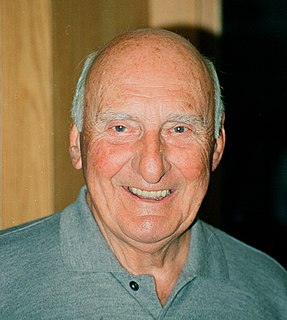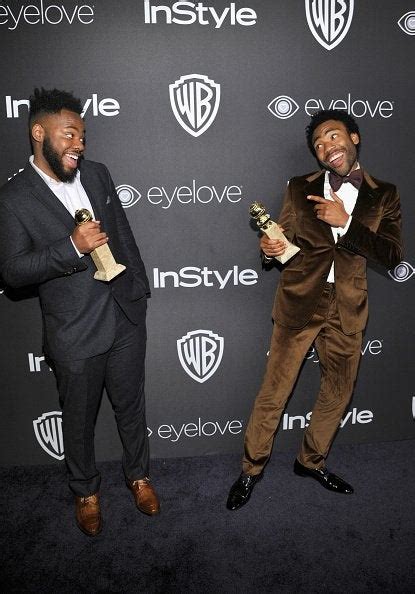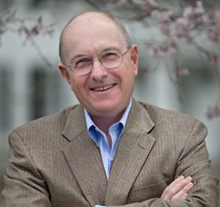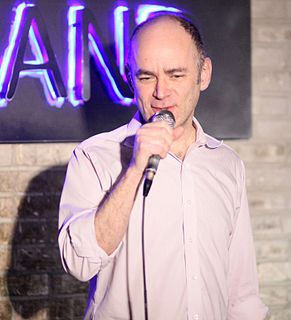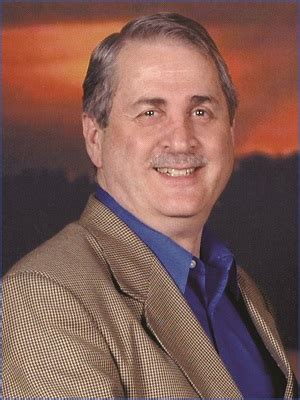A Quote by Chuck Thompson
Related Quotes
You tell people that all the time, 'Jail's the worst place ever and you don't want to go there,' which is true but at the same time you see it's filled with a bunch of people like guy is drinking on a porch somewhere and he gets arrested for public intoxication. He's going to miss work. He's not a bad guy per se.
Too many companies these days can't tell the difference between good profits and bad.... By now you're probably wondering how in heaven's name profit, that holy grail of the business enterprise, can ever be bad. Short of outright fraud, isn't one dollar of earnings as good as another? Certainly, accountants can't tell the difference between good and bad profits. They all look the same on an income statement. While bad profits don't show up on the books, they are easy to recognize. They're profits earned at the expense of customer relationships.
I've had shows where you think, "Is this going well? I can't tell," and then you say goodnight and you get this ovation. They're sorta like a theater audience. I've learned that much; that they're not always going to be doing backflips - but I'll never figure it out. Because sometimes you walk up there, and they're so excited, and then other times, it's just... But sometimes an audience is bad, and you can tell them they're bad, and that sort of breaks the ice a bit.
You could perhaps better tell the story of a place by writing of a tiny village as a sort of prism into the bigger issues the culture was facing. It struck me as a better way to learn about a place, or at least a different way, than just going to interview the president. So I have often tried to tell the story of a place through people there. But I'm just amazed.
I think that pretty much every form of fiction (I’d include fantasy, obviously) can actually be a real escape from places where you feel bad, and from bad places. It can be a safe place you go, like going on holiday, and it can be somewhere that, while you’ve escaped, actually teaches you things you need to know when you go back, that gives you knowledge and armour and tools to change the bad place you were in. So no, they’re not escapist. They’re escape.
On moral grounds, I think that if you believe a certain outcome is a very possible outcome, you have an obligation to tell people that. With global warming, the probability of a bad outcome if we stay on our current emission trends is incredibly high. If you know a bad outcome is likely to happen, what right do you have not to communicate that? You go into a doctor's office, what are they going to do - not tell you the diagnosis?
